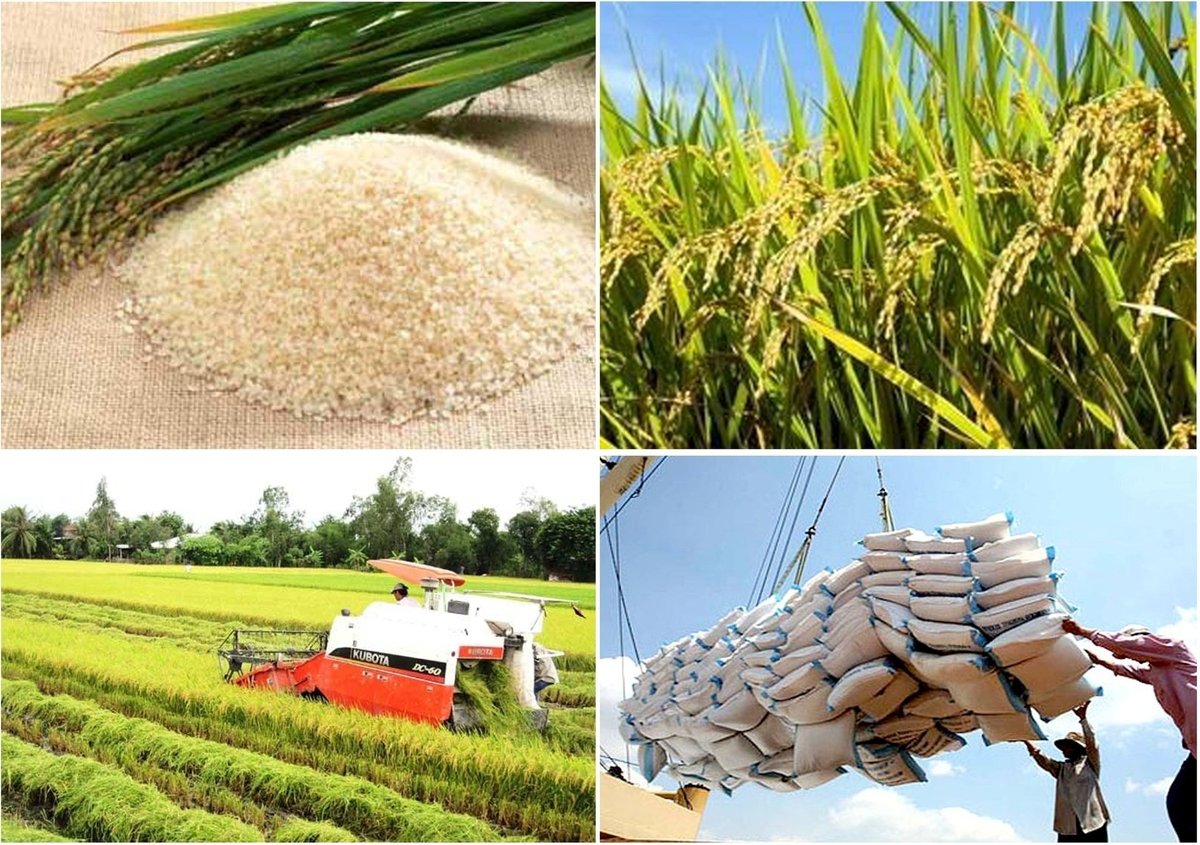December 30, 2025 | 15:12 GMT +7
December 30, 2025 | 15:12 GMT +7
Hotline: 0913.378.918
December 30, 2025 | 15:12 GMT +7
Hotline: 0913.378.918
The Government Office has just issued Document No. 7697/VPCP-NN dated August 18, 2025, conveying the instructions of Prime Minister Pham Minh Chinh regarding Vietnam’s rice exports.
Earlier, the Government Portal released a report on media coverage and public opinion concerning the Government’s direction and administration, which included measures aimed at maintaining Vietnam’s position as the world’s second-largest rice exporter.

Prime Minister Pham Minh Chinh assigned the Ministry of Agriculture and Environment to study media reports concerning Vietnam’s rice exports. Photo: Government Portal.
According to the report, the Thai Rice Exporters Association recently announced that Vietnam has surpassed Thailand to become the world’s second-largest rice exporter in the first six months of this year. This achievement highlights a clear shift from “exporting in volume” to “exporting with value,” creating a distinct competitive advantage.
However, to sustain this position, Vietnam’s rice sector must address several bottlenecks while facing considerable risks: the impacts of saltwater intrusion, drought, and climate change that could cause fluctuations in output; along with export management policies and technical barriers imposed by demanding markets such as the EU and Japan, which remain major challenges.
In the context of weakening global demand or intensified price competition from rivals, Vietnam’s price advantage in rice exports may narrow. This calls for a long-term strategy that shifts the focus from increasing output to enhancing product value.
Over the longer term, the sustainable pathway lies in moving toward exports of high-quality rice, organic rice, products with traceable origins, and the establishment of a strong national brand. Otherwise, Vietnam’s current second-place ranking may prove to be only a brief “crest of the wave” amid cycles of oversupply and the volatility of global climate change.
On this matter, the Prime Minister assigned the Ministry of Agriculture and Environment to study the above information, take the lead and coordinate with relevant agencies to formulate concrete plans and take immediate actions within its mandate. The Ministry is tasked with seizing opportunities and accelerating rice exports at an even faster pace, particularly high-quality and organic rice linked to traceability systems and the building of a national rice brand, in order to increase added value in rice exports. The Prime Minister also instructed the acceleration of the Sustainable Development Project of one million hectares specializing in high-quality, low-emission rice cultivation associated with green growth in the Mekong Delta until 2030.
Translated by Phuong Linh
/2025/12/29/0829-2-000508_274.jpg)
(VAN) Hai Phong is tightening management, with 100% of fishing vessels licensed and equipped with vessel monitoring systems, joining the national effort to lift the EC's 'yellow card.'
/2025/12/27/2744-1-121716_241.jpg)
(VAN) The Viet Nam Environment Protection Fund is the national environment protection fund and a state financial institution under the Ministry of Agriculture and Environment.
/2025/12/27/2015-2-111213_813.jpg)
(VAN) In efforts to realize the goal of Net Zero emissions, reducing urban emissions is regarded as a key solution.

(VAN) Deputy Prime Minister Tran Hong Ha requested to design the EPR mechanism toward a circular economy that is transparent, feasible, and non-administrative and aligned with actual recycling capacity.

(VAN) On December 24, Deputy Prime Minister Tran Hong Ha chaired a meeting about approving greenhouse gas emission quotas for 2025 - 2026 period.

(VAN) As Viet Nam enters a new era, the national agricultural sector must proactively adapt to global trends to transform current challenges into strategic development opportunities.
/2025/12/18/5046-3-154320_307.jpg)
(VAN) Granting planting area codes is a solution that helps Lao Cai manage forests effectively while also laying a data foundation to support the development of the carbon credit market in the future.